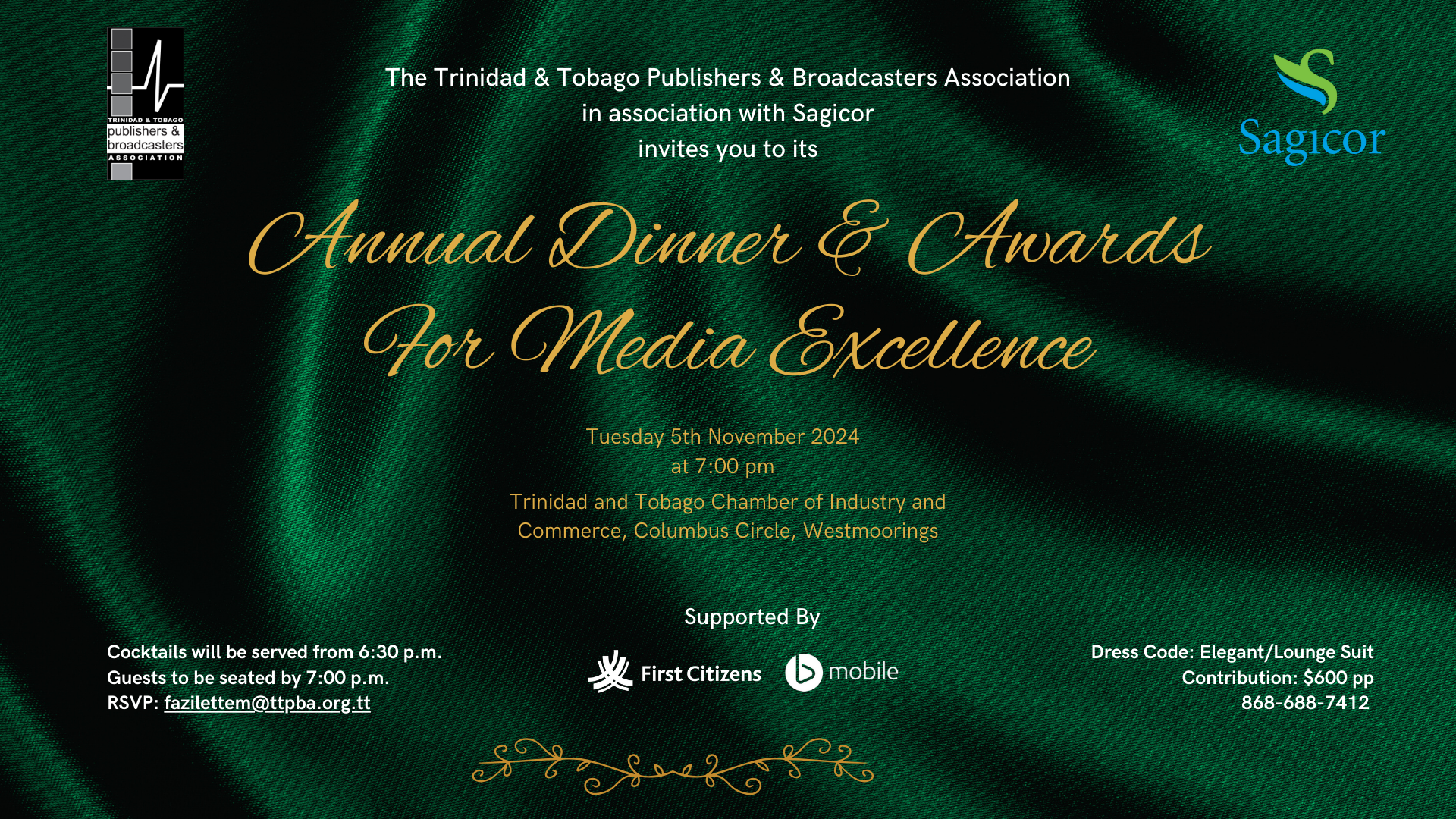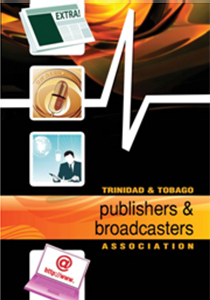CYBERCRIME BILL
PRESS RELEASE dated 15th May 2015 by Trinidad & Tobago Publishers & Broadcasters Association (TTPBA) on CYBERCRIME BILL
The Trinidad & Tobago Publishers & Broadcasters Association (TTPBA) is surprised at the reintroduction into Parliament of the Cybercrime Bill, without consultation. On a previous occasion in 2014, when the bill was brought before Parliament, the TTPBA expressed the need for consultation and then Ministers of National Security, Gary Griffith, had agreed to such. Unfortunately the meeting never took place due to the Minister’s departure from office. We raise our concerns publicly as we wish to reiterate the need for
consultation. We again appeal to the government to begin a round of consultation and to work with stakeholder associations so that a better way forward can be defined.
We again call on the Government to maintain the promise set forth by our Honourable Prime Minister Mrs. Kamla Persad-Bissessar at the International Press Institute World Congress on June 2012 where she stated, “In this moment of reflection, and planning for our future, my solemn assurance as Head of Government is that this administration will protect, defend and uphold press freedom and the rights of journalists to “tell the story”. This solemn assurance is also equally made to protect, defend and uphold the freedom of each and every single man, woman and child in our country. We appreciate that a free press is an integral component of our democracy, as the voice of the population which is determined to “have a say” on issues of national importance, and as a channel for important public debates on issues. The free press is also what we all depend on to inform, inspire, monitor and support the interests of our citizens. In Trinidad and Tobago, the freedom of the press and of expression, are constitutionally guaranteed, regardless of whether it coincides or diverges with the views and priorities of the Government, or of State institutions.”
The TTPBA understands the need for a Cybercrime Bill but it urges government to strongly reconsider this and any other legislation which may ultimately result in the demise of our democracy. We look forward to being part of a stakeholder consultation and lending our assistance and cooperation to ensure our democracy is not undermined.
Mailing Address: c/o I95.5FM., 47 Tragarete Road, Cor. Gatacre & Tragarete Roads,
Newtown, Port of Spain.
Contacts: President – 622-9292, Fax 628-7024; Secretary 688-7412
Directors, Daren Lee Sing –President, Kiran Maharaj – Vice President, Christopher Peru - Treasurer,
Rhonda Ottley, Lisa Agard Yaseen Rahaman, Lennox Toussaint, Peter Ames




